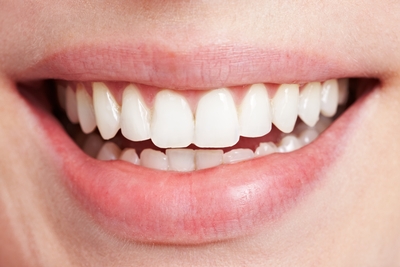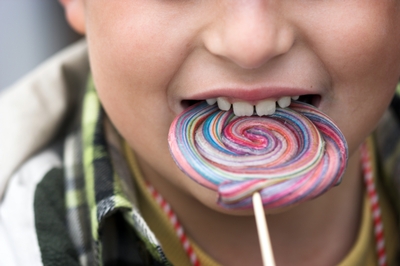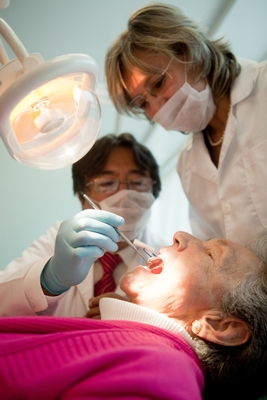
Age, health conditions and other factors can all put seniors at risk for a number of oral health issues. Oral health is an important component of overall health and well-being, but can often be overlooked. There are several conditions that are commonly found in senior patients:
Cavities effect all ages, not just children. As you age, the risk of tooth decay increases, simply because adults do not visit the dentist as regularly as children. When cavities go undetected and untreated for longer periods, the problem ultimatley worsens. No matter your age, you should visit the dentist on a regular basis.
Dry mouth or xerostomia, is a condition plaguing many seniors. It is estimated that upwards of 20% of seniors suffer from dry mouth. Typically it is caused by a variety of medicines. Common prescriptions such as decongestants, antihistamines, pain medicines, antidepressants, diuretics, muscle relaxers and high blood pressure medicines can all cause the condition. To help alleviate dry mouth, drink plenty of water and limit you caffeine and alcohol intake.
Gum disease is the leading cause of tooth loss in adults. Periodontal disease is an infection that effects the gums and tissues surrounding the teeth causing them to become inflammed or seperate from the teeth. In the early stages, the disease is painless, but as it advances it becomes more painful, causing sore gums and pain when eating. Proper brushing and flossing can prevent gum disease. Seniors are more prone to the disease due to arthritis and limited dexterity.
Many seniors can also have difficulty eating due to cavities, missing teeth, gum disease, or poorly fitting dentures. These oral health problems can make it challenging to eat and force an adjustment in the balance of their diet.
Good oral health habits are important at any age. Regardless of age, brushing twice a day, flossing and regular visits to the dentist can keep your teeth at their healthiest.
 Age, health conditions and other factors can all put seniors at risk for a number of oral health issues. Oral health is an important component of overall health and well-being, but can often be overlooked. There are several conditions that are commonly found in senior patients:
Age, health conditions and other factors can all put seniors at risk for a number of oral health issues. Oral health is an important component of overall health and well-being, but can often be overlooked. There are several conditions that are commonly found in senior patients: Your smile is one of your best features, and usually the first thing people notice. If you are less than pleased with your pearly whites, cosmetic dentistry may be the answer to your dental issues. Cosmetic dental procedures such as teeth whitening, dental veneers, and dental implants can all provide a permanent improvement and give you the confidence you need to really make your smile shine.
Your smile is one of your best features, and usually the first thing people notice. If you are less than pleased with your pearly whites, cosmetic dentistry may be the answer to your dental issues. Cosmetic dental procedures such as teeth whitening, dental veneers, and dental implants can all provide a permanent improvement and give you the confidence you need to really make your smile shine. Sugar can be one of the worst foods for your dental health, often leading to tooth decay and enamel erosion. The oral bacteria, plaque, use the sugar as energy to grow and strengthen in thickness. Without a proper brushing after eating, the plaque will eat away at the enamel eventually resulting in cavities and tooth decay.
Sugar can be one of the worst foods for your dental health, often leading to tooth decay and enamel erosion. The oral bacteria, plaque, use the sugar as energy to grow and strengthen in thickness. Without a proper brushing after eating, the plaque will eat away at the enamel eventually resulting in cavities and tooth decay. A dental emergency, like any other medical emergency is something that should be taken seriously. When left untreated, the problem could increase your risk for more expensive and extensive treatment in the future.
A dental emergency, like any other medical emergency is something that should be taken seriously. When left untreated, the problem could increase your risk for more expensive and extensive treatment in the future.